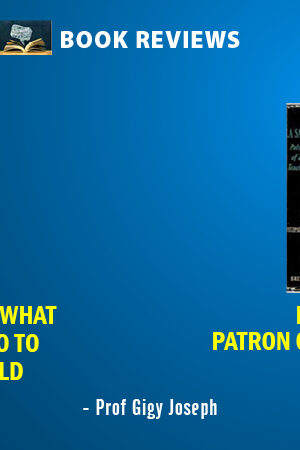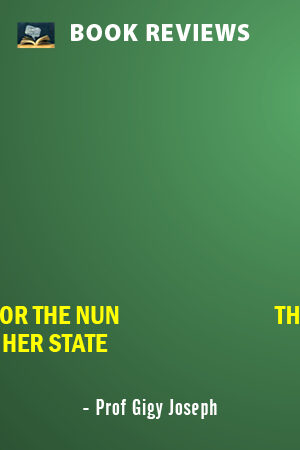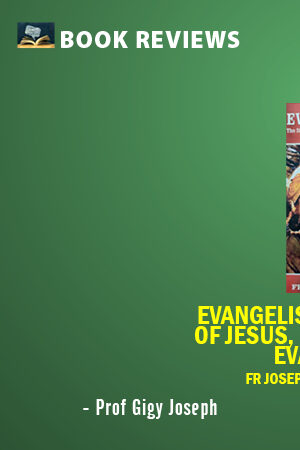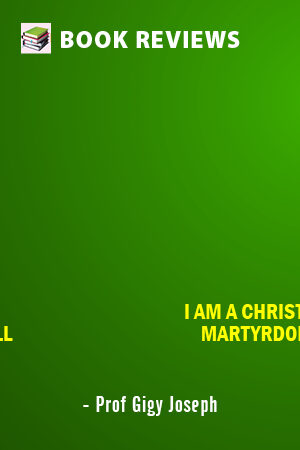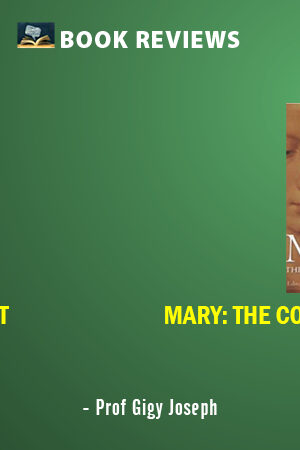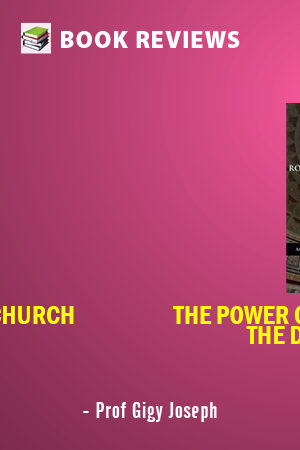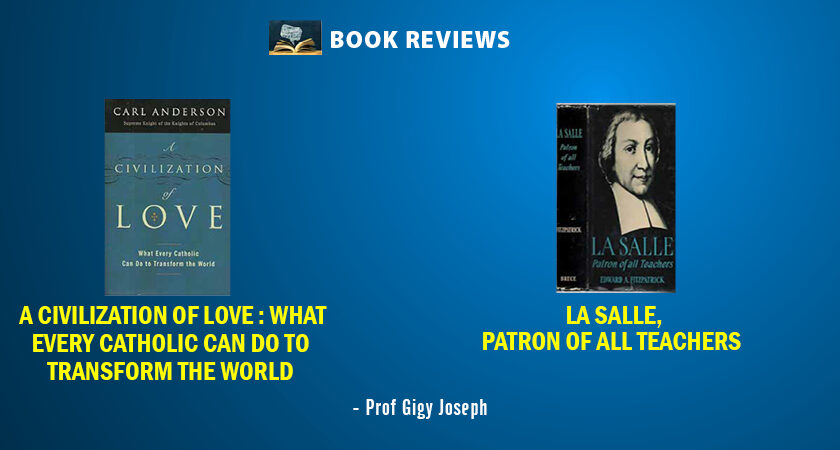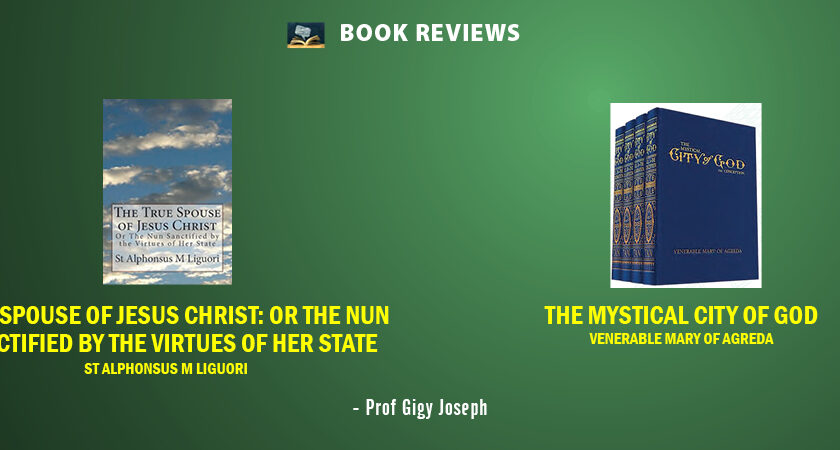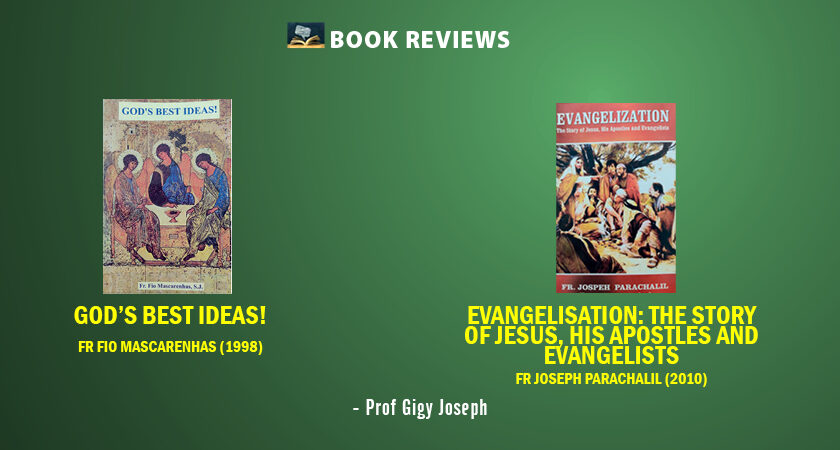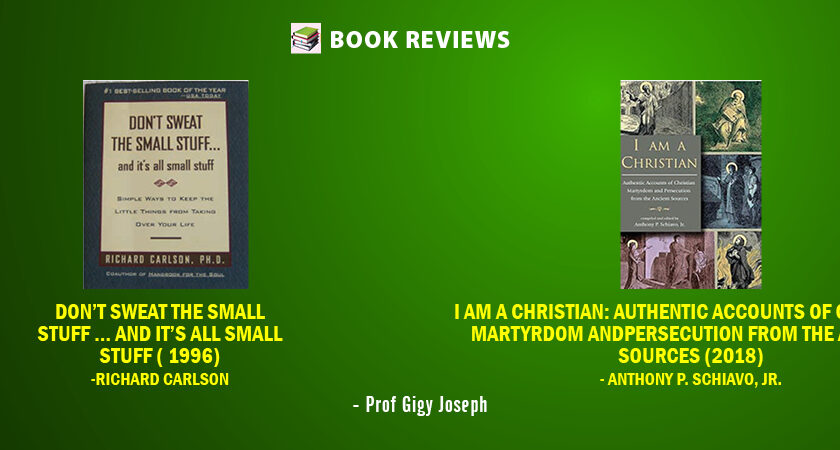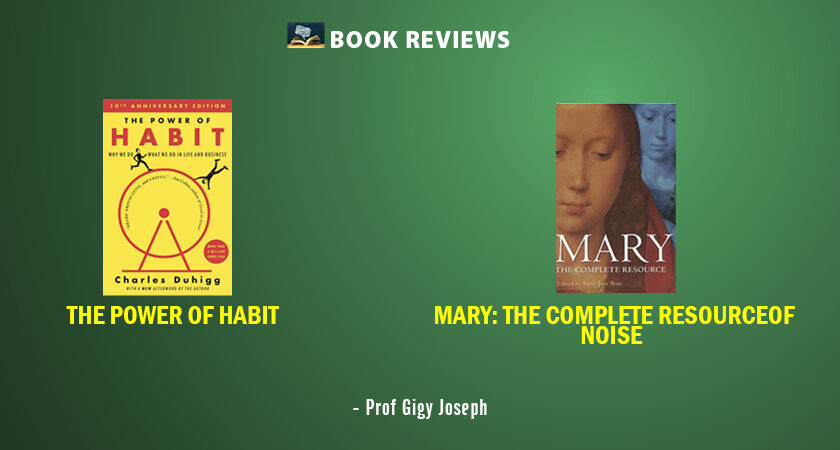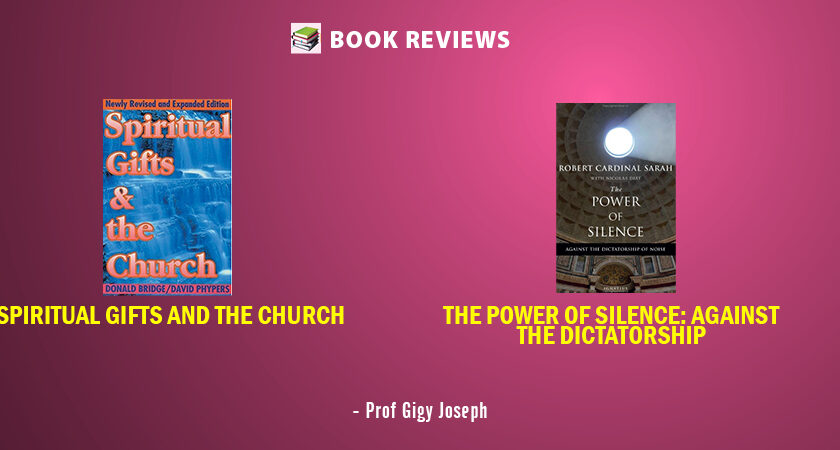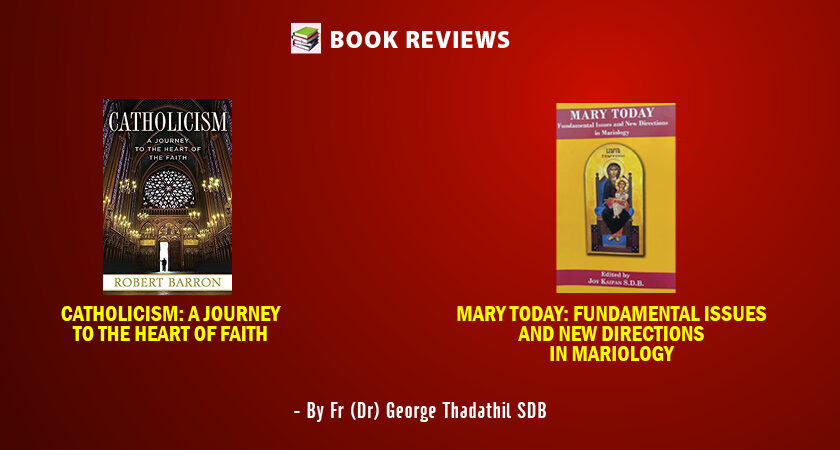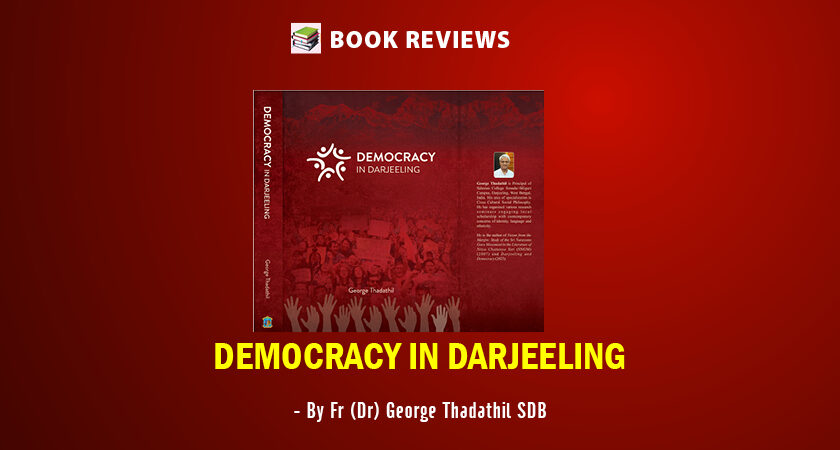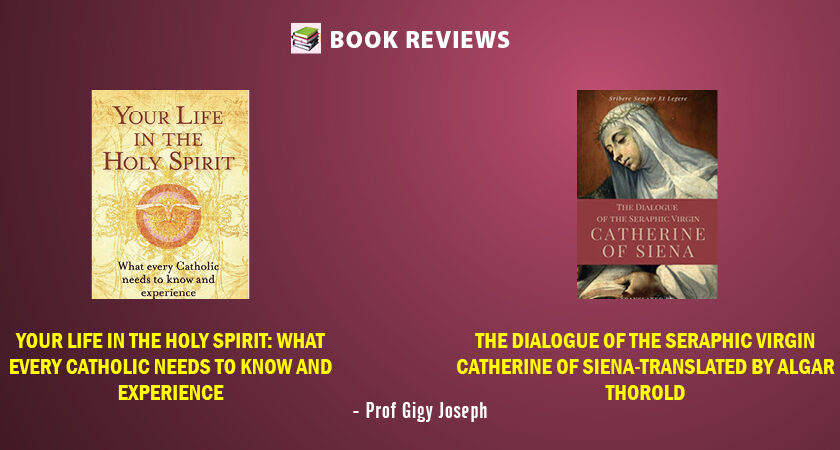A Civilization of Love: What Every Catholic Can Do to Transform the World
Carl Anderson
In this book, Carl Anderson, Supreme Knight of the Knights of Columbus, emphasizes the need for Catholics to counter destructive secular ideologies with a vision rooted in love and goodness. Anderson challenges the modern misunderstanding of love as mere romance, advocating for a Christian love that emphasizes self-responsibility, self-denial, hard work, unconditional generosity, and devotion to others. He argues that this love, grounded in the Gospel, can build a civilization rooted in the love of God. Anderson highlights the misconception of identity with Descartes’ “I think therefore I am” and proposes a deeper insight: “I love therefore I am,” emphasizing that human identity is rooted in being loved by God. He stresses the importance of the ‘other’ in divine love and the necessity of freedom, values, equality, and human dignity for its existence. Drawing inspiration from Mother Teresa’s acts of charity, Anderson emphasizes the perseverance and selflessness required in building a civilization of love.
Making a reference of Pope Leo XIII’s Rerum novarum, Anderson underscores the idea that obedience to natural law renders complex laws and governments irrelevant. He criticizes the limitations of state welfare in caring for the poor, noting the effectiveness of private charities and voluntary organizations. Echoing Pope Benedict XVI, Anderson warns against complete dependence on state provisions, as it may degrade human dignity and society. He cites Vaclav Havel’s insights on the demoralization of Czech society during the communist era, attributing it to the loss of love, compassion, humility, and forgiveness when humans were reduced to mere forces of production.
La Salle, Patron of All Teachers
Edward Fitzpatrick
This book is a study of the life and contributions of St Jean Baptiste de La Salle, an 18th-century French educational reformer and founder of the Institute of the Brothers of the Christian Schools. Celebrated as the patron saint of youth educators, La Salle’s pioneering work in modern education for the poor had been overlooked for centuries. Fitzpatrick aims to rectify historical inaccuracies and conflicting interpretations surrounding La Salle’s legacy. The book begins by highlighting La Salle’s life and his role as an educator, shedding light on the vision behind his educational contributions. Living in a time when formal education was not prioritized by society, La Salle envisioned reaching the common people, especially the downtrodden. Despite facing numerous challenges, he championed the idea that even children of the common people deserve quality education. La Salle’s educational services expanded across many French cities, establishing the first training colleges for secular teachers, reformatory schools, and schools for various subjects. Pioneering modern educational methods, La Salle advocated for teaching in the mother tongue, promoted the presence of good libraries, and organized classrooms efficiently. Guided by the image of Christ as a teacher, he emphasized that teachers should be models and “ambassadors of Christ in the profession of teacher.” La Salle’s impact extended through the society of religious teachers he founded, which continues to thrive. Despite stepping down as the head of the Christian Brothers in 1717, he served as a brother until his death at the age of 68. Canonized in 1900, La Salle’s work remains influential in the realm of education.
To subscribe to the magazine, click Subscribe
